
Former Chinese Premier’s Sudden Death Raises Questions on CCP Leadership
The unexpected death of China’s former premier, Li Keqiang, has raised concerns about potential turmoil within the Chinese Communist Party’s (CCP) upper ranks, say researchers and analysts.
Li Keqiang, formerly China’s second-in-command, suffered a “sudden heart attack” while visiting Shanghai on October 26, as reported by China’s official news agency, Xinhua. Despite all rescue efforts, Li passed away shortly after midnight on October 27.
Li’s sudden death follows several mysterious disappearances and replacements of senior regime officials, intensifying speculation about political infighting among the Party’s ruling elites.
Wu Zuolai, a Chinese history scholar and political commentator, called Li’s death “abnormal,” emphasizing that many are likely to link it to political struggles within the CCP’s top leadership. At 68 years old, Li was relatively young compared to other influential figures in the Party, further fueling speculation.
Li’s passing comes seven months after he retired from his position, which he held for a decade. His influence on economic and financial policy had dwindled due to Chinese leader Xi Jinping’s efforts to consolidate the Party’s control over the country. In recent years, Li was overshadowed by Liu He, a close associate of Xi and director of the Party’s financial policymaking commission.
Analysts suggest that Li’s disagreements with Xi, particularly over the Party’s increased control in all aspects of life and the regulatory crackdown on private sectors since 2021, could have posed a threat to Xi’s power. Li had supported market liberalization and advocated reform policies introduced by Deng Xiaoping in 1979.
Li’s death is reminiscent of the passing of Hu Yaobang, a liberal reformist in 1989. His death sparked pro-democracy student protests. Unlike the 1980s, the CCP has since established a surveillance state, making large-scale memorials unlikely. However, this may further undermine trust in Xi’s leadership.
The passing of Li also coincides with China’s economic troubles, with the real estate sector on the brink of collapse and youth unemployment at a record high. The deaths of other senior Party officials in recent months suggest ongoing political turbulence within the CCP.
For Chinese commentator Wang He, the current political situation is “more delicate” than that of 1989, as Xi appears to be in conflict with some in the Party’s upper echelons. While many oppose Xi in silence, they may question the official explanation of Li’s death, possibly seeing it as an assassination or linking it to frustration with Xi’s leadership.
From a political perspective, Xi’s position may be more precarious than it seems.
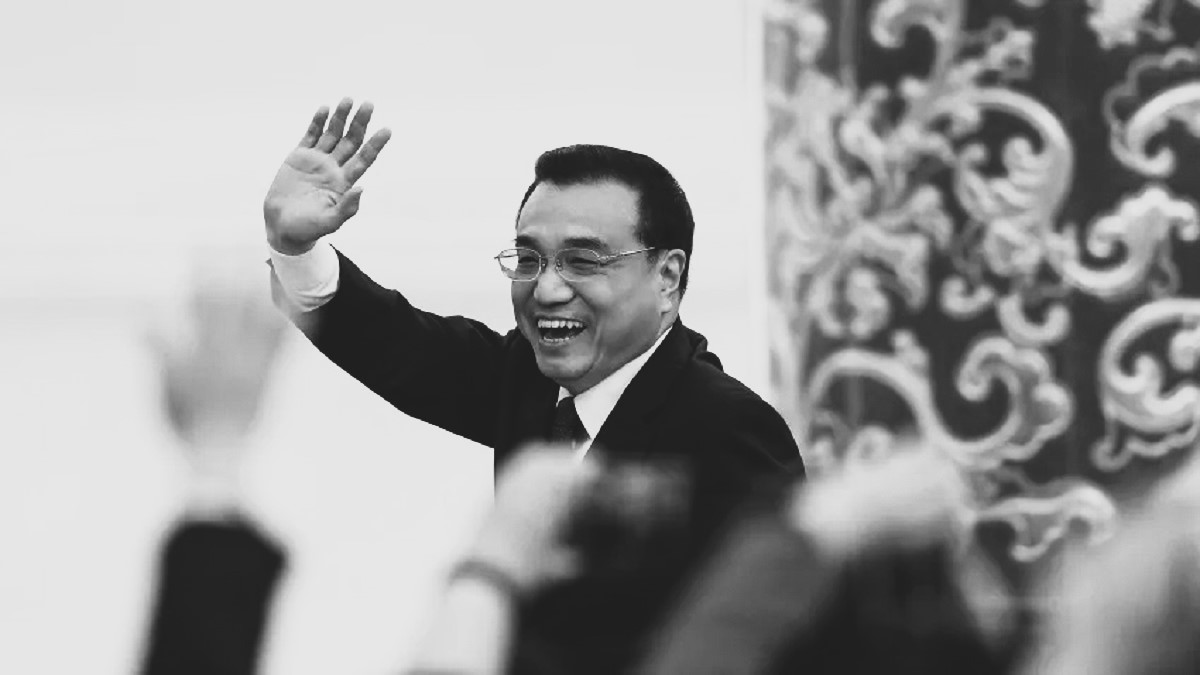


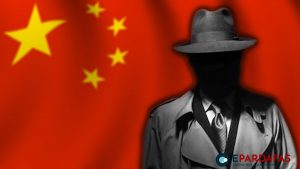
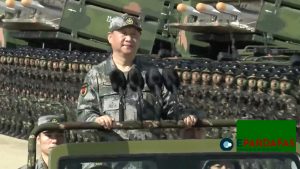





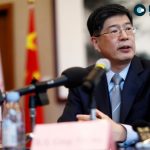
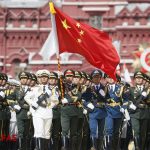



Comments